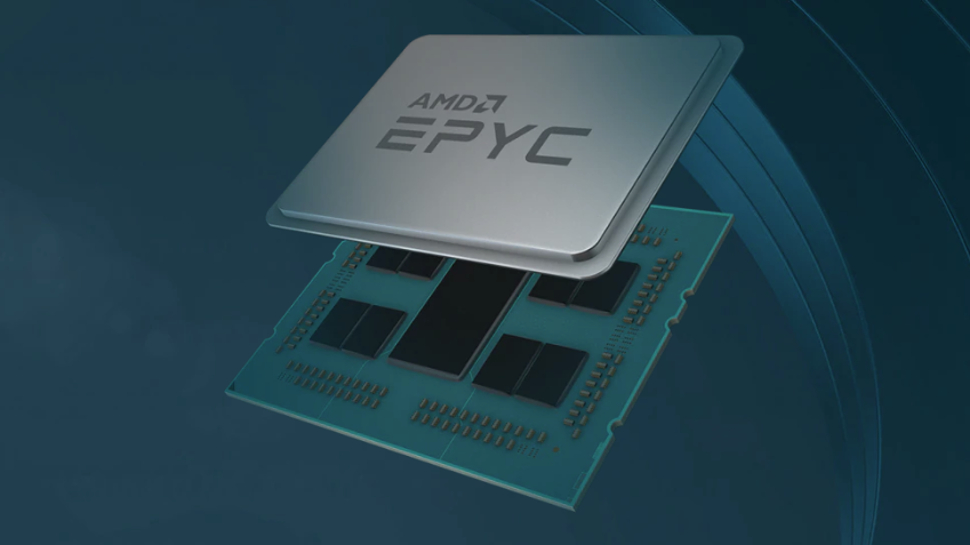New AMD Epyc processors for servers boast up to 64-cores
But, they'll cost an arm and a leg

AMD has unveiled its Epyc processors, and they're featuring some pretty serious specs.
AMD CEO Lisa Su first unveiled the company's Zen 2 processors back at Computex 2019, so we knew that server processors were on the way – and now they're here.
With these server processors, you'll be able to get up to 64-cores provided you're willing to drop the $6,950 (about £5,580, AU$9,890) it calls for.
- We'll show you how to build a PC
- Check out our PC components survival guide
Now, AMD Epyc processors are for servers, which means you won't exactly find them in the best gaming PCs, but they also serve as an example of where AMD's 7nm (nanometer) Zen 2 architecture can go when it's pushed to the extreme. And, because these processors feature the same 15% IPC (instructions per clock) uplift as their Ryzen 3rd Generation counterparts, they feature up to 80% faster performance over last generation products, according to Tom's Hardware.
Couple the raw performance gains with the support for up to 4TB of RAM in a dual-CPU setup and the relatively low power requirements, and AMD has some serious firepower in the server space – where the AMD vs Intel war will be won. It's thanks to these performance gains that AMD has just been able to score Google and Twitter as customers, as reported by Reuters
What does this mean for me?
Most people likely don't have the kind of capital at their disposal to actually use these processors, but that doesn't mean that this is completely meaningless for the average consumer that just wants the best processor for gaming.
AMD has been giving Intel a lashing in the consumer space, outselling Team Blue's entire mainstream product stack with just the Ryzen 7 3700X. But, in the grand scheme of things, this is nothing compared to the margins in the high-end enterprise scene. The real processor wars take place when clients like Google and Twitter on the line, and it's an area where Intel has traditionally dominated. But, analysts are already expecting these Epyc chips to seriously threaten Intel.
Are you a pro? Subscribe to our newsletter
Sign up to the TechRadar Pro newsletter to get all the top news, opinion, features and guidance your business needs to succeed!
So, while you probably won't be able to get your hands on these new chips, they could very well inform future mainstream processors. And, hey, maybe even your Twitter feed will load more quickly.
- Here are the best motherboards
Bill Thomas (Twitter) is TechRadar's computing editor. They are fat, queer and extremely online. Computers are the devil, but they just happen to be a satanist. If you need to know anything about computing components, PC gaming or the best laptop on the market, don't be afraid to drop them a line on Twitter or through email.
